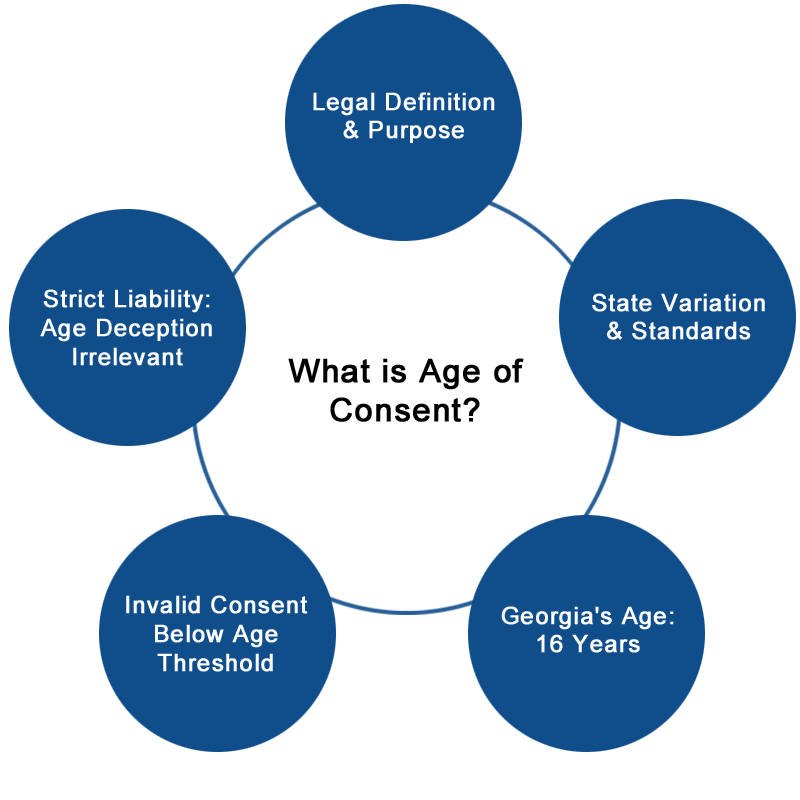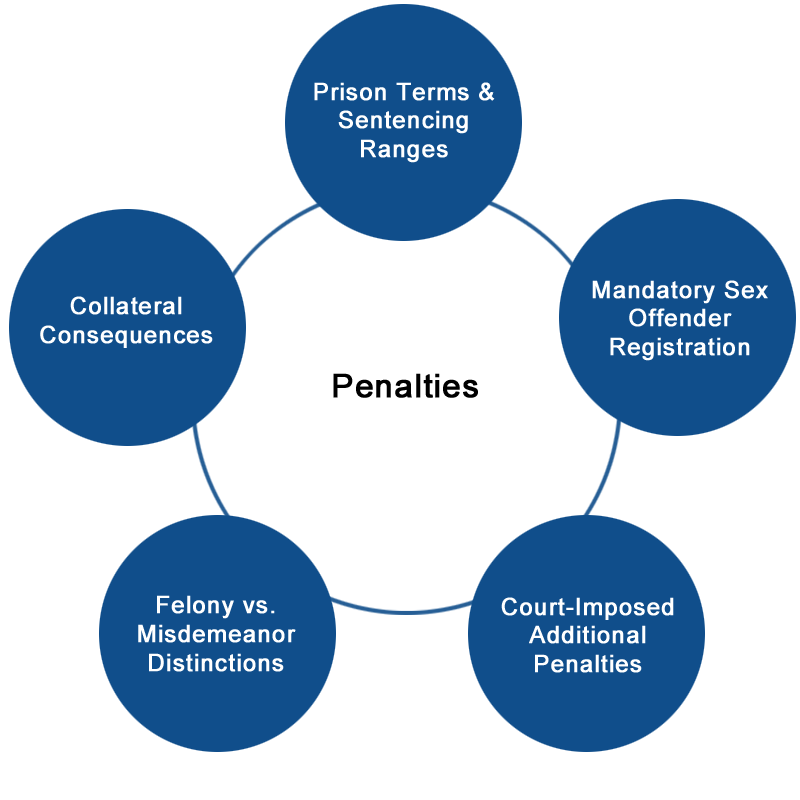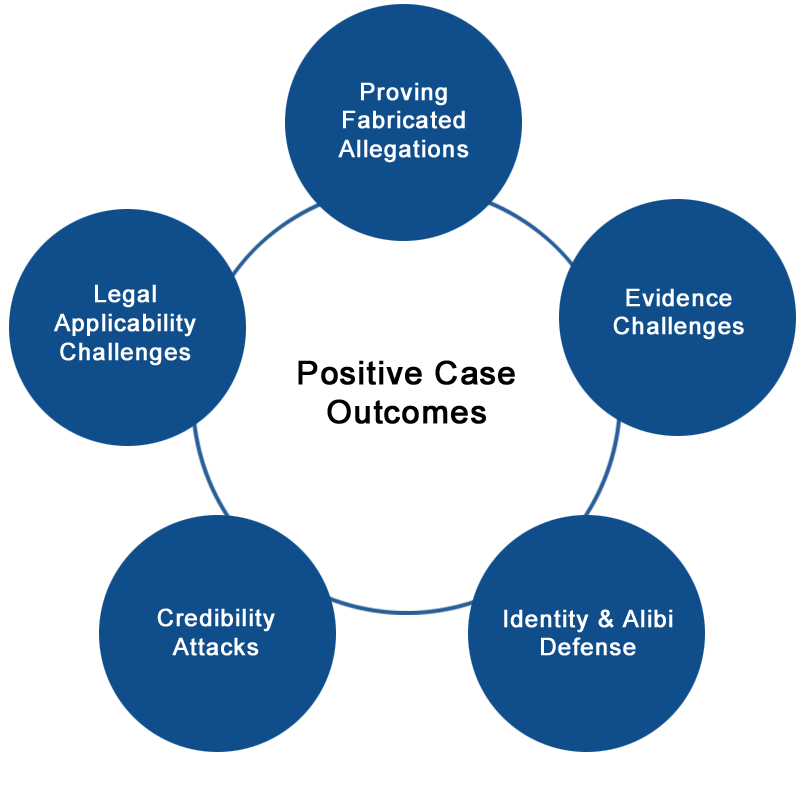
In criminal law, the “age of consent” is the point at which a person is legally able to agree to sexual activity. Each state sets its own standard, but the concept is based on the idea that below a certain age, a person is not mentally or emotionally prepared to understand the consequences of sexual relationships. At or above the age of consent, the law recognizes their ability to enter into a voluntary, lawful agreement.
Georgia sets the age of consent at 16 years old. Anyone 15 or younger is legally incapable of consenting to sexual activity, even if they willingly participate. One of the most common questions in statutory rape cases is: “What if the minor lied about their age?” Under Georgia law, a minor’s misrepresentation does not excuse or protect the accused from prosecution. Even if the younger individual claimed to be older, consent is invalid if they are under 16. The law is strict: sexual activity with someone below the age of consent is unlawful, regardless of what the younger person may have said about their age.
Rape Versus Sodomy in Georgia
In Georgia, any person under 16 years old is legally incapable of giving consent to sexual activity. Engaging in sexual conduct with a minor under this age can lead to statutory rape or sodomy charges, depending on the nature of the act.
Statutory Rape
- Involves sexual intercourse with a person under the age of 16.
- Consent from the minor is not legally valid, even if the younger party appeared willing or misrepresented their age.
- Classified as rape because the younger individual cannot legally consent.
Sodomy
- Defined as sexual acts involving the mouth or anus and the sex organs of another person under 16.
- Prohibited regardless of whether the minor appeared to participate voluntarily.
- Treated separately from statutory rape, but both carry felony-level penalties in most cases.

Legal Consequences
Both statutory rape and sodomy are prosecuted as serious crimes in Georgia. Penalties can include lengthy prison terms, substantial fines, and mandatory sex offender registration, which creates long-term restrictions on housing, employment, and community life.
Felony Statutory Rape
- Imprisonment for a minimum of one year and up to twenty years if the accused is under twenty-one.
- Imprisonment for a minimum of ten years and up to twenty years if the accused is twenty-one or older.
- If the defendant has a prior conviction for a sexual felony, penalties may include life imprisonment or a split sentence with prison time, lifetime probation, and electronic monitoring.
- Felony convictions also bring mandatory sex offender registration.
- Courts may also impose fines, probation, community service, counseling, anger management, educational or treatment programs, and stay-away or protection orders.
Misdemeanor Statutory Rape (Romeo and Juliet Exception)
- Possible jail time of up to twelve months.
- Courts may also impose probation, fines, community service, counseling, anger management, treatment programs, or stay-away orders.
- Penalties depend on the facts of the case and the judge’s discretion.
Statute of Limitations
In Georgia, the statute of limitations sets the time period for bringing criminal charges, but sex crimes involving minors have different rules. For statutory rape, the general limit is about seven years, but in some cases, the time does not begin until the victim is older. In some instances, the prosecutors may sometimes try to move a case forward even if it has passed the statute of limitations. Sodomy cases follow similar guidelines, with time frames that can stretch longer for more serious charges. In both types of cases, preserved evidence such as DNA can also allow prosecution, no matter how much time has passed. Georgia courts view these offenses as especially serious, and the law gives room for charges to be filed long after the alleged conduct.
The Human and Legal Impact of an Accusation
Even before a verdict, an accusation of statutory rape can devastate every aspect of life. A person accused may face:
- Damage to reputation and credibility.
- Strained relationships with friends, family, and community.
- Career and financial losses, including legal costs and reduced opportunities.
- Severe emotional and psychological stress.

Taking Back Control
Being accused of a sex crime does not automatically lead to a conviction. With the right defense, allegations can often be successfully challenged, resulting in dismissal, acquittal, or reduced charges. In many cases, individuals are fully cleared, giving them the chance to regain their dignity, protect their reputation, and move forward with their lives without a criminal record or the stigma of being labeled a sex offender.
There are many defense strategies that can be used in statutory rape and sodomy cases, each aimed at creating reasonable doubt and protecting the accused. These include:
- Disputing the allegations by showing that events did not occur or were fabricated.
- Challenging the evidence when it is weak, circumstantial, or improperly obtained.
- Questioning the legal grounds in limited cases where the law may not apply to the specific facts.
- Establishing mistaken identity when the wrong person has been accused.
- Presenting an alibi supported by credible evidence and witnesses.
- Highlighting inconsistent testimony from the accuser to undermine credibility.
Example Case Win
A client in their 20s was facing statutory rape accusations, looking at potentially 5 to 10 years in the prison system for engaging in a sexual relationship with a teen who was 15. Fortunately, Zeliff | Watson was brought in during the early stages of the investigation and conducted a thorough analysis of all the evidence, including the client’s statements to police. Our review revealed that the client’s Miranda rights were violated during questioning by the detectives. As a result, the prosecutor’s original recommendation of a lengthy prison sentence was reduced to 6 months in a probation detention center.
How Zeliff | Watson Can Help
If you are accused, under investigation, or facing charges for statutory rape, sodomy, or any related sex crime, your first step is to secure a defense attorney who will protect your rights. At Zeliff | Watson, we have built a strong record of success handling sex crime allegations. Our focus is on separating fact from fiction, examining the evidence closely, and building a defense that places your freedom first.
An accusation does not mean you will be convicted. Submit your contact information below to schedule a free, confidential legal consultation to learn how you can potentially beat the charges against you.
A Simple Process to Getting Started

Schedule a Free Case Evaluation
Schedule a free, no-obligation, and confidential case consultation in person, online, or over the phone. This will help you understand how your case can be challenged, potentially leading to a reduction, dismissal, or acquittal of your charges. Click here to schedule your case evaluation.

Meet Our Defense Team and Conduct a Case Evaluation
During your free case evaluation, you’ll have the opportunity to ask questions, receive answers and legal guidance, and collaborate with our attorneys to better understand your side of the story, gather evidence, and devise a strategy to achieve the best possible outcome for your pending criminal charges.

Start Defending Your Case
After your free case evaluation, Zeliff & Watson will assist in preserving evidence and safeguarding your rights, ensuring your protection throughout the process. The defense team will also provide a proposed fee to represent your case, with the goal of achieving the best possible outcome.

